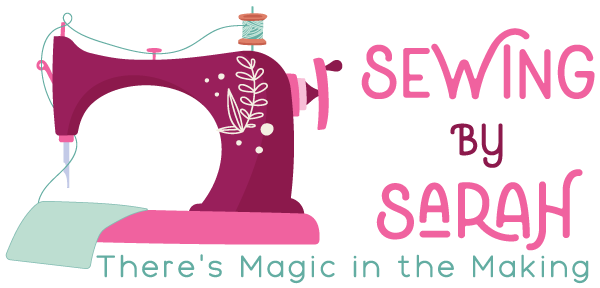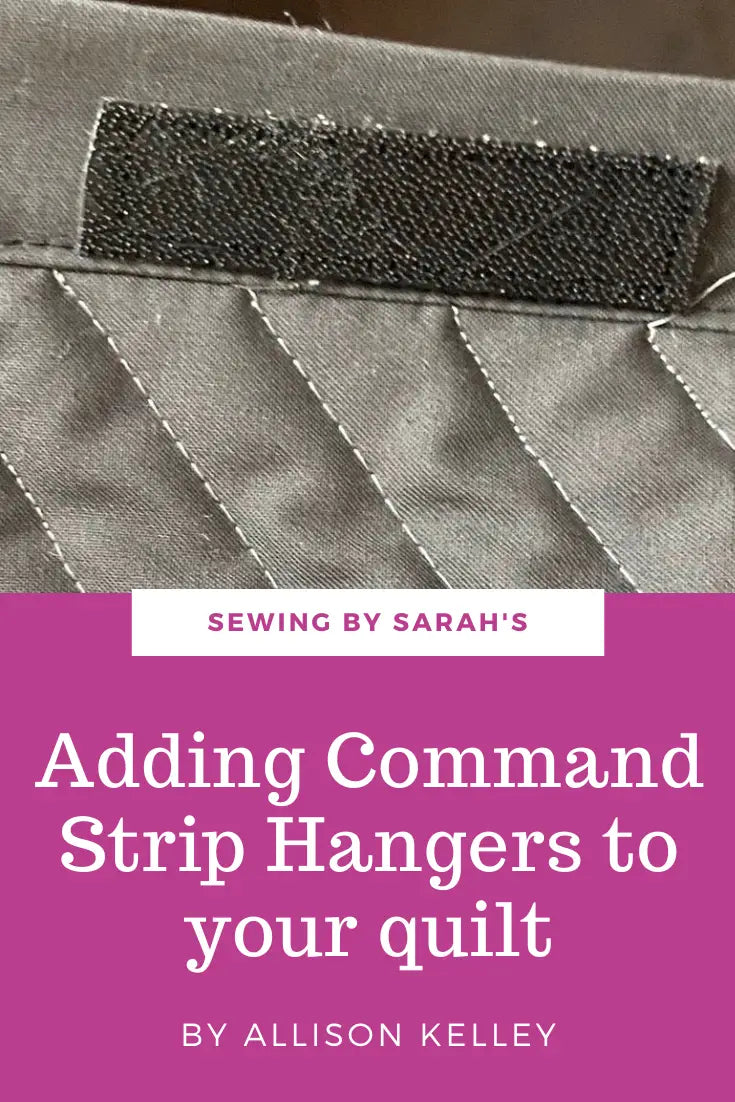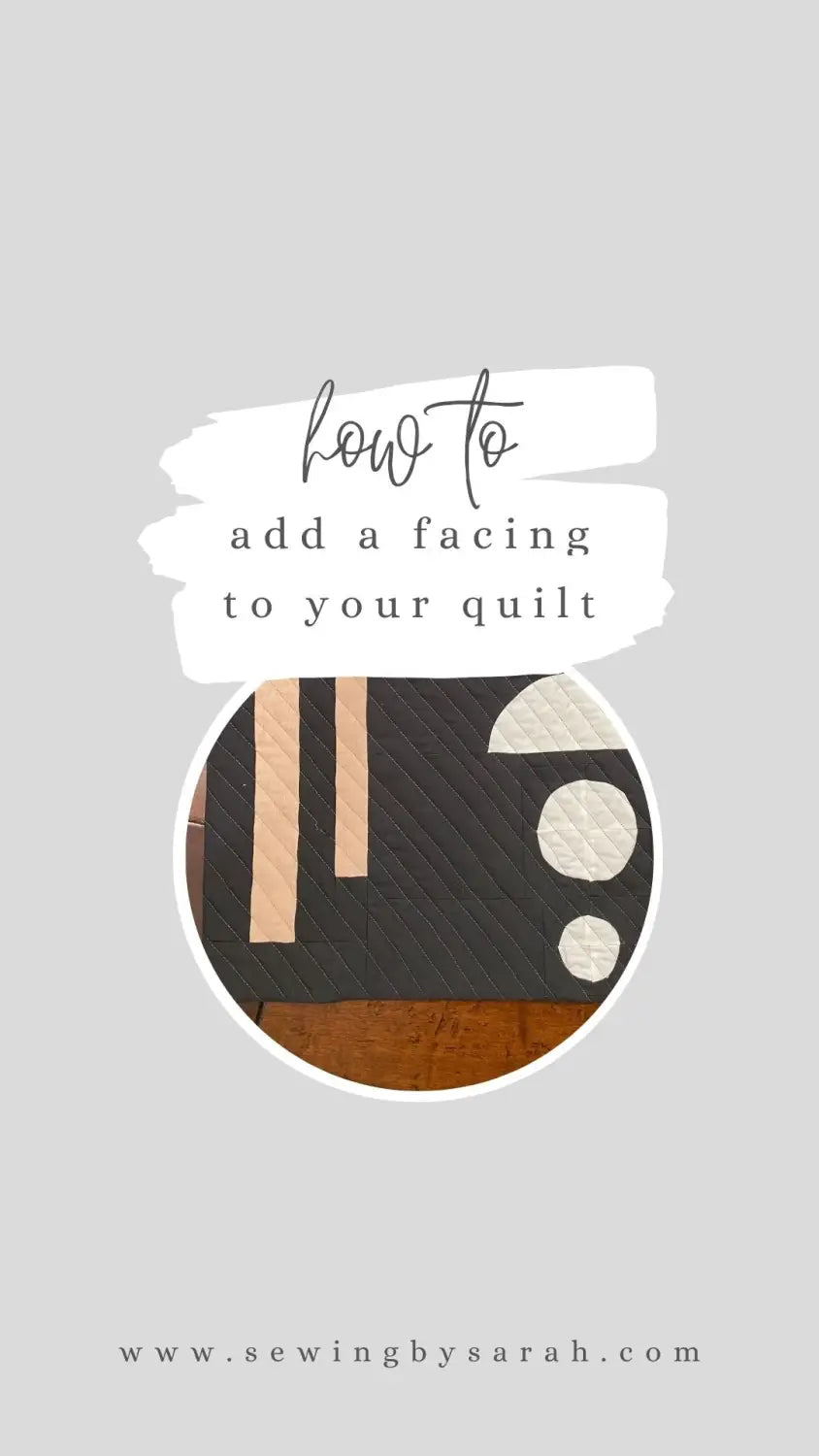Here is our beginner guide to Free Motion Quilting with a Ruler. Check out our full collection of Free Motion Tools HERE.
The ruler footis designed to enable quilters using a domestic/home sewing machine to quilt with rulers and templates to create designs usually reserved for longarm machines. Think of the ruler as a helper that, when combined with the ruler foot, allows you to quilt certain shapes perfectly. Every ruler opens a new world of shapes and designs for you to quilt, but a good place to start is with straight lines, arcs, and circles.
Here is a quick getting started video:
Here is a video on how to install the ruler foot on your machine:
Important notes:
- Do Not Use the PIVOT or HOVER setting when using templates or rulers
- Do not lower the needle when the foot is raised, start with the foot lowered.
- Use a straight stitch in the centered position
- Never drop your needle with the foot up
This foot is designed to “float” just about your quilt sandwich. This allows it to skim along the surface of the quilt to move freely. You can adjust the ruler foot higher or lower to allow for this movement depending on the height of your quilt sandwich.
To quilt with rulers and templates you may need to adjust the setting on your machine. There are 4 different ways to do this:
- Use the free motion setting on your machine (if you have one)
- Leave the machine to sew a straight stitch
- Lower the feed dogs
- Set the stitch length to “0”. Use this method for machines where you cannot lower the feed dogs or if you prefer not to.
Some other useful tools:
- Supreme Slider- this can be helpful as it goes underneath your quilt and helps it to slide. This is not required, but some people like to use one.
- Gloves- this have grippers on them and help you to hold the quilt and the template steady.
Overall technique:
You want to position the ruler- where you want to go- like a handle. Quilt by moving the fabric and the template at the same time with the ruler foot against the edge of the template.
- Note: some of our rulers have a point where you can slide a pushpin up through the quilt into the ruler to help hold a pivot point for circles, swirls, etc. Check the instructions included with your template to see if this applies.
- Place one hand on your ruler (which will be either to the left, right or front of your foot) and one hand on the other side of the presser foot for stability.
- Insure you push down on the ruler which helps to activate the grips and press it up against the ruler foot. You can either pull the quilt towards you or push the quilt away from you (as you would normally during straight stitching) or move it left to right.
- Since the feed dogs are down, YOU are activating the motion, NOT The machine. This means your stitch length and quality is up to you. Balance the speed of your hands with the speed of the needle- practice practice practice .
- Quilt slowly, keep the ruler template in position and move as steady as you can. Once you reach the end of the ruler, you stop and reposition the ruler to continue your pattern.
- When quilting curves your point of contact with the ruler changes to be more in the front as it rounds the corner, whereas most of the time your point of contact is in on the sides. Keep this in mind as the feeling and the speed may need to be adjusted to accommodate for this.
- Depending on the template you are using, many of them have markings to indicate ¼” spacing. This allows you to “echo” along your previous pattern. If you put the edge of the ruler on the line you just quilted, you will get ¼” spacing, the printed lines allow you to expand that echoing to ½” and ¾” by lining up the ruler lines on the previously quilted line. The middle line on the rulers help you create offsets evenly as well as create longer or shorter designs depending on your preference.
Here is a video on using our Clamshell ruler:
Here is a video on using the Circle Ruler:
Here is a video on using the simple arc and straight line ruler, plus a full blog post:
Here are some great videos to help you get started:
https://www.youtube.com/watch?v=-KNMabN_rXc
https://www.youtube.com/watch?v=gJ6wTN-Gps4
Check out our full collection of Free Motion Tools HERE.
Happy Quilting!



Joy Smith
June 01, 2023
I also have two low shank feet for my machine Brother SC3000 but both of them set on quilt not letting it move freely will the super low foot work??? Really want to do ruler work …frustrating thanks for information